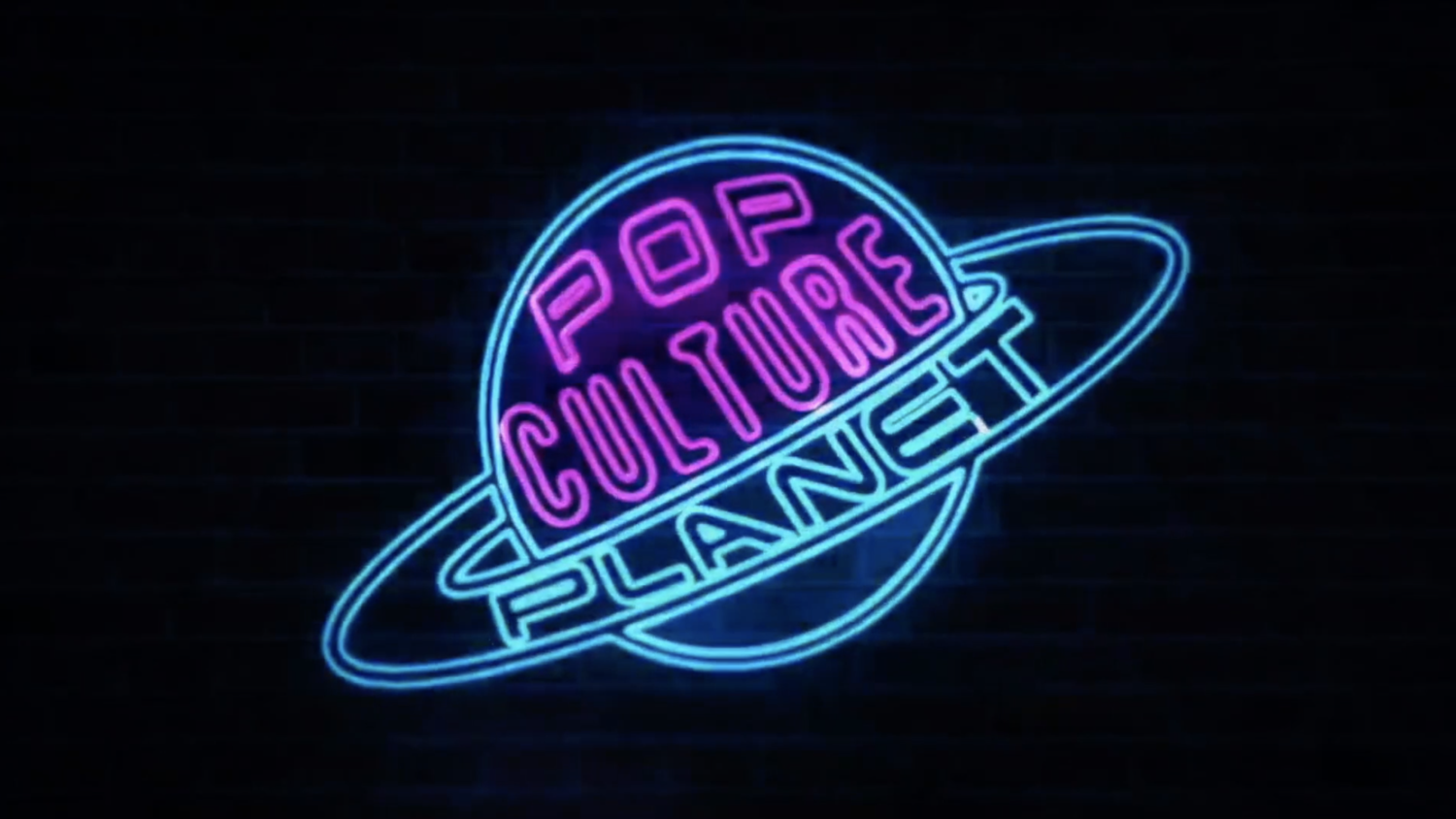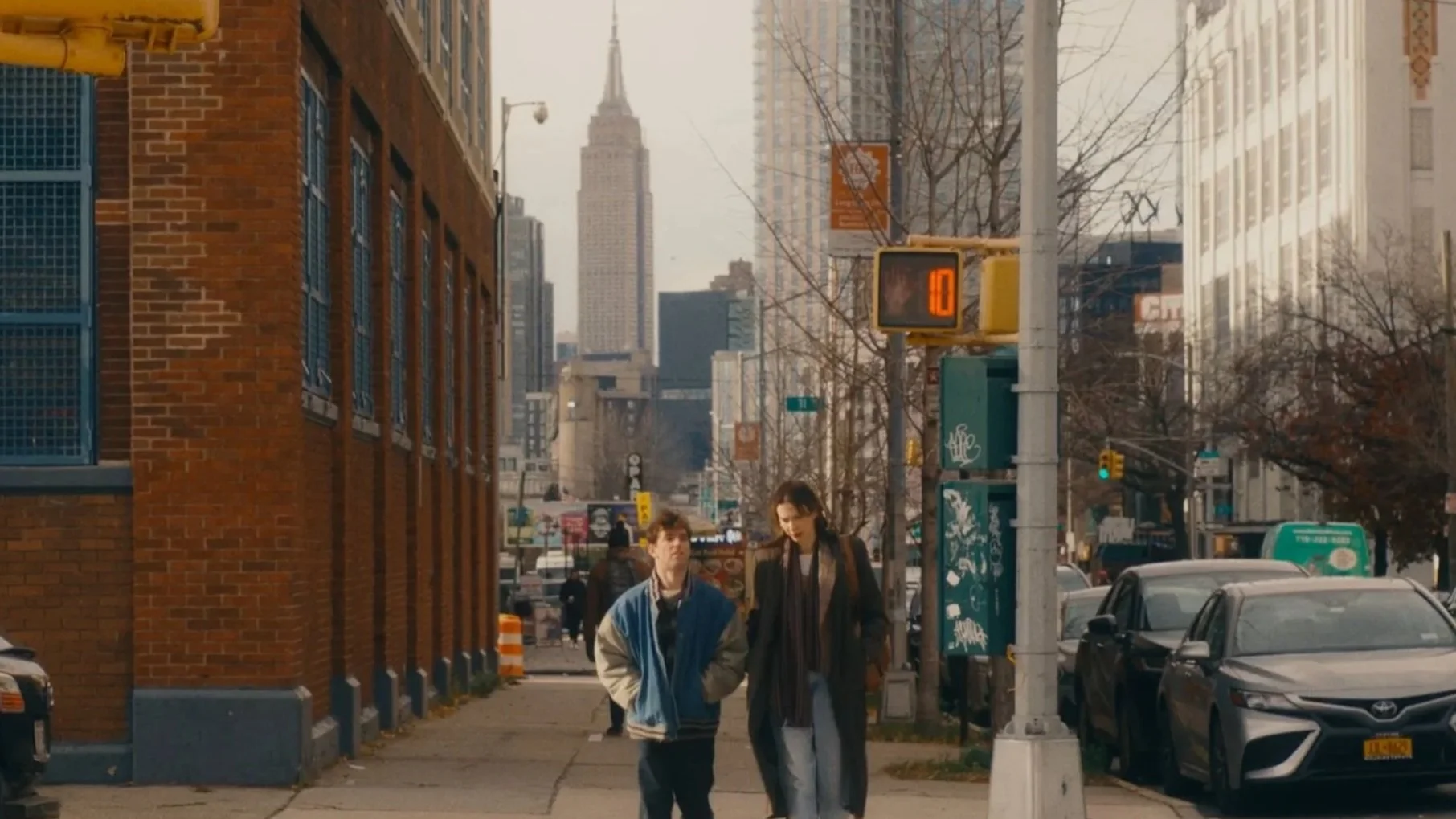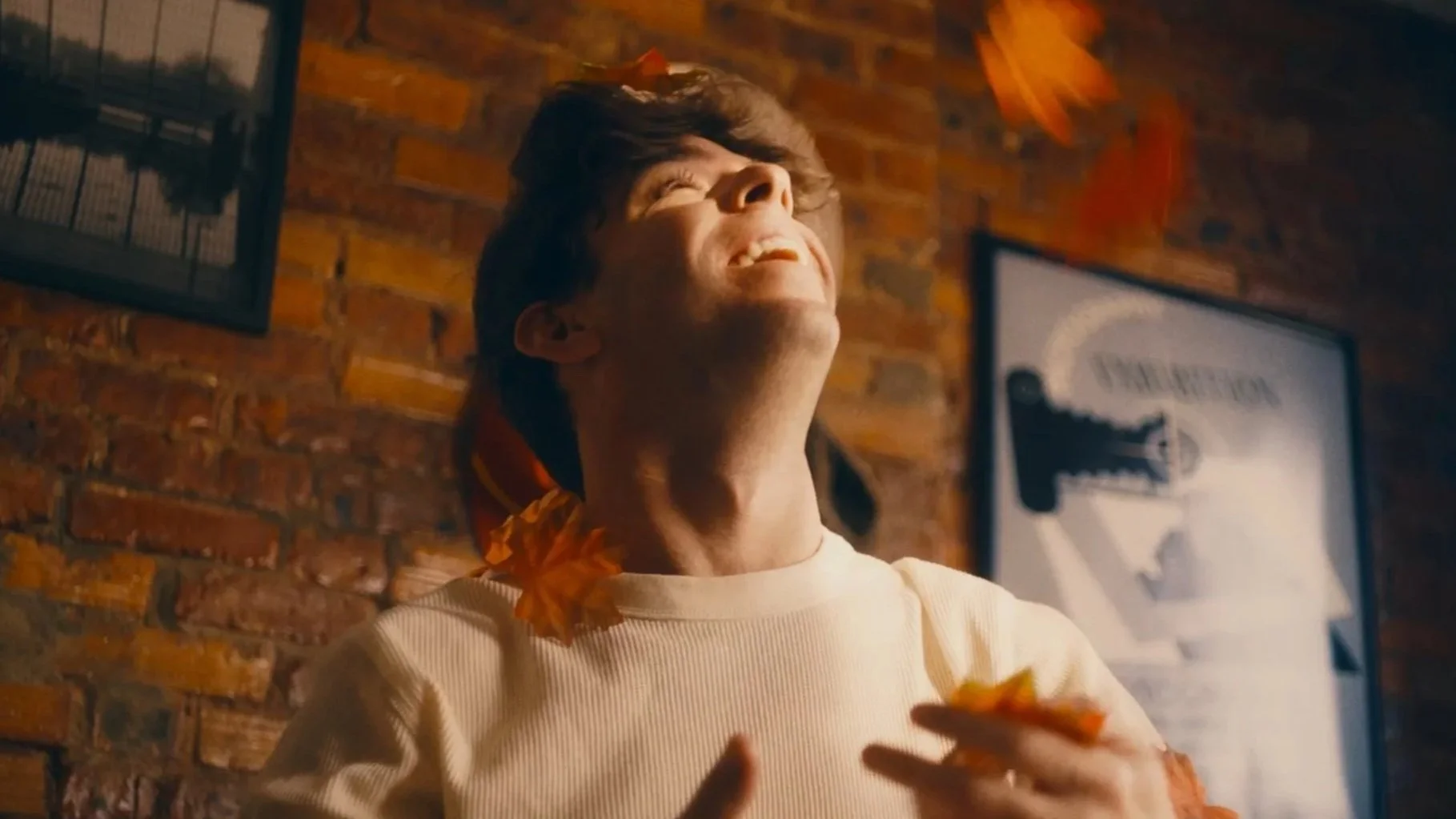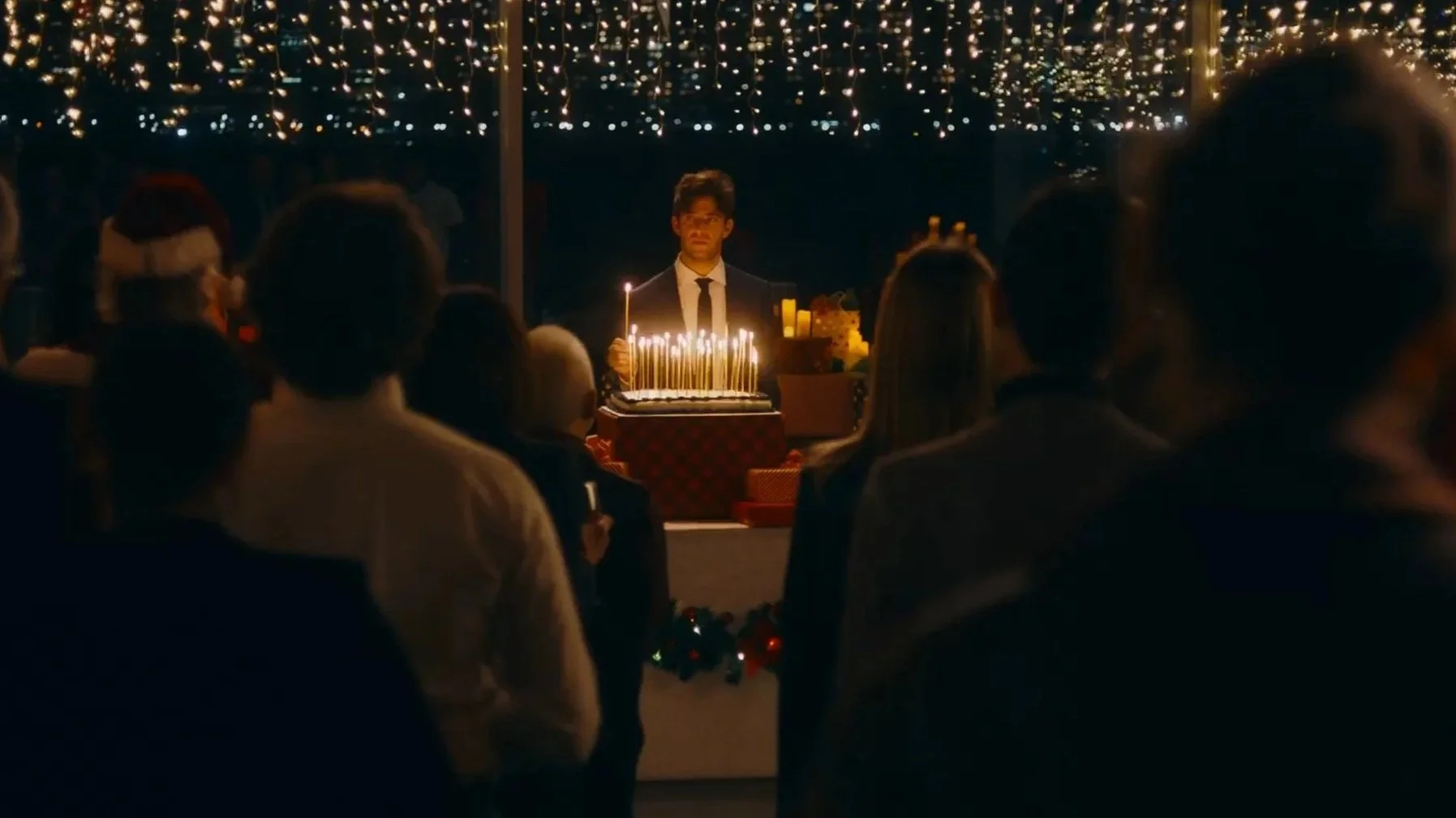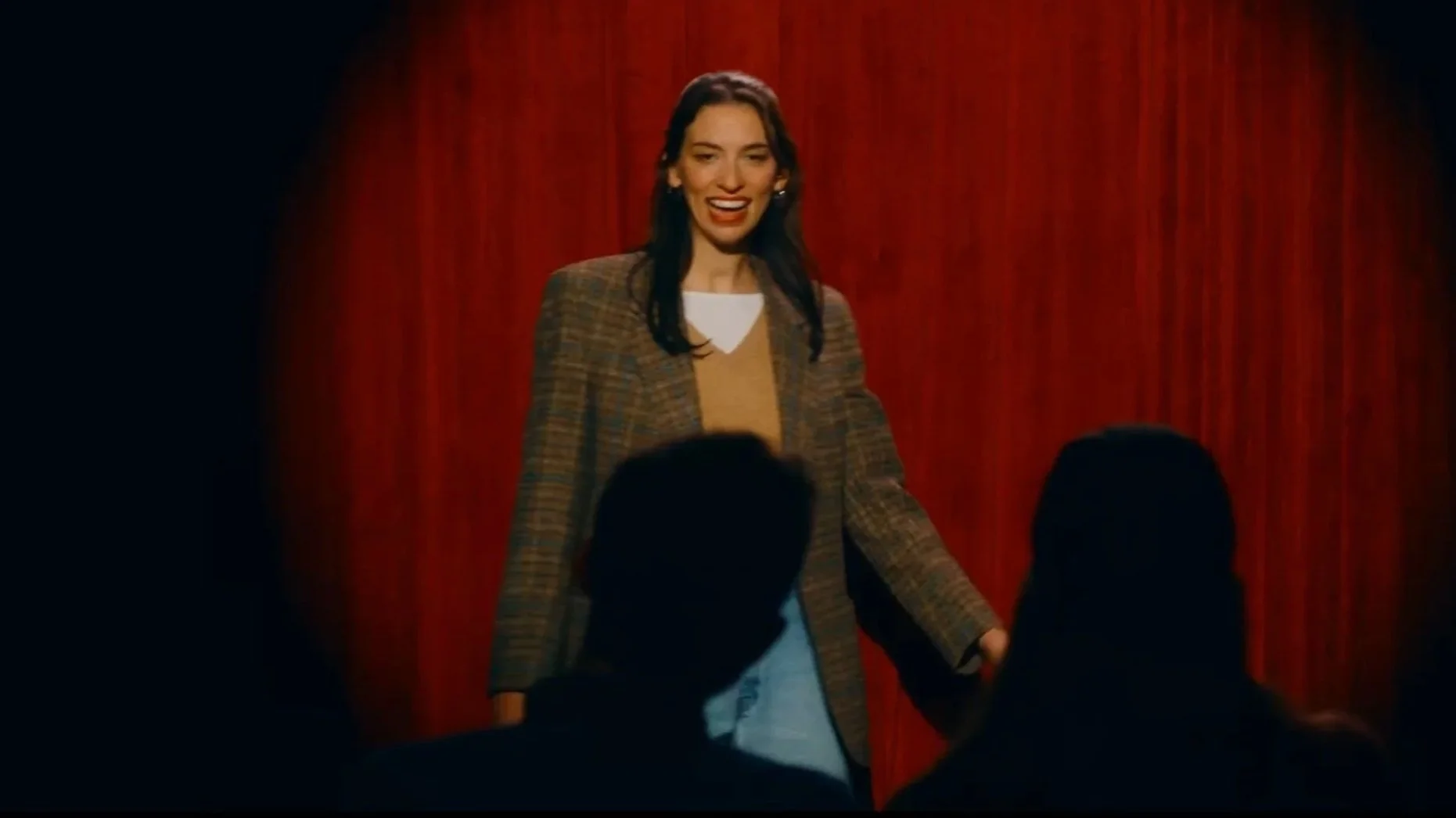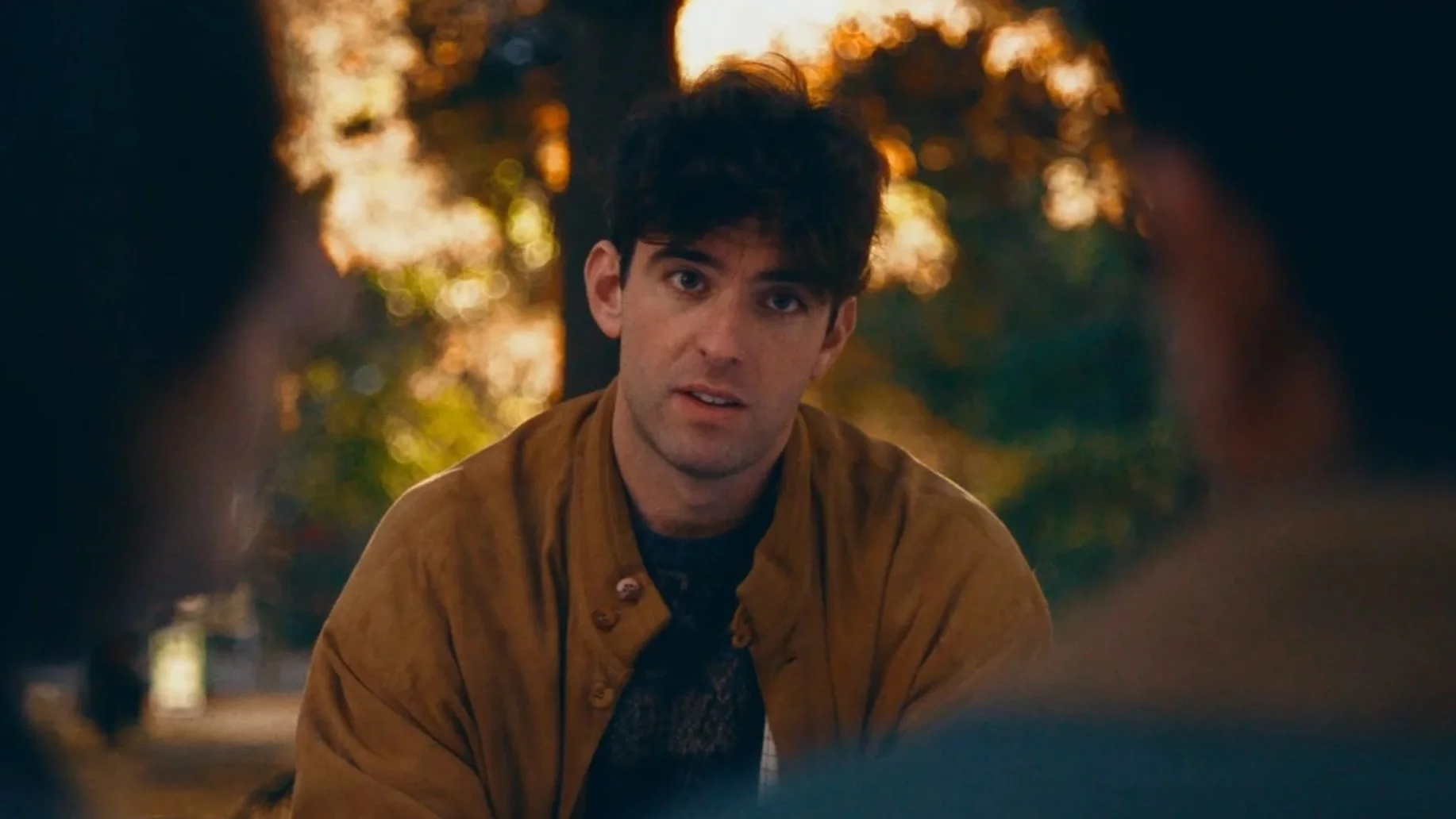31 Candles Director Jonah Feingold Talks Love, Indie Films, and Creating A Romance Empire
“I'm very excited. It feels like my wedding, bar mitzvah, birthday, and funeral all at the same time,” Jonah Feingold told me for Pop Culture Planet about the theatrical release of his new film 31 Candles. He not only directed the film, but the multi-hyphenate wrote, edited, and starred in the romantic comedy. Inspired by his own life, 31 Candles finds Leo Kadner looking for love — and to impress his old camp crush — through the Jewish rite of passage of the bar mitzvah. The twist… he’s turning 31 years old, not 13.
The idea for 31 Candles came after directing Leighton Meester and Robbie Amell in EXmas. “As a Jew from New York, we all go down the lineage of doing Christmas romantic comedies,” he laughed, sharing that he was encouraged to tackle a project connected to his own upbringing and family next. “What better way to authentically explore something that we're scared of than through art, you know? So ultimately I wrote a script that was about this character that was in this in-between part of his life. I also felt that I hadn't really seen a romantic comedy that was a from a guy's POV. Like just a movie that was the Albert Brooks, Tom Hanks, Billy Crystal kind of characters I grew up loving.”
The film opens up with hand-drawn title cards that have become a staple in Feingold’s work. “For 31 Candles, I wanted to continue that trend of opening title cards and try a new technique, which was using a […] pre-written song. There was an old Irving Berlin song called “After You Get What You Want, You Don't Want It at All” and that's one of the themes of the movie. I tell the audience right away what the movie is about with that song,” he shared. He also loved the old Hollywood style of putting the cast under a players card at the beginning of the film. “It feels like we're all just a little family.”
Through 31 Candles, Feingold tackles ideas of being incapable of love or that relatable fear of dying alone. “I made the movie at a time where I wanted love in my life. I didn't know what that looked or felt like. I was on again, off again with somebody who I'm now with — which is great — and I was scared. I was like, ‘Well, what if I don't find anybody?’” he mused. It’s not easy between filmmaking, situationships, and the difficult New York dating scene. “That was a big scary theme, so I was like, ‘What if I wrote about that? What if you write what you're scared of?’ Explore it through the art. It's a little safety bubble, you know?”
There are a lot of parallels from Feingold’s real life reflected in his character Leo and his world. His romanticism, his podcasting era, his grandma’s name. “At the end of the day, the character of Leo, I would always say, would just take it one step further than Jonah ever would. And he would never take a hint,” he laughed. “It can be a beautiful thing. I encourage people to lean into their real life.”
Eagle eyed fans will spot a Christmas sequel parody poster of his first film Dating and New York. “I had a blast coming up with that poster. There's even a scene where we use some of the same themes and music from Dating and New York as well for the in-world characters,” Feingold revealed. “I love that stuff so much. We're children of the Pixar, Disney world where all those movies have these fun Easter eggs and I think it makes things cohesive.”
When asked about directing and editing himself as an actor, Feingold called it “easier than people think it is.” “There's a psychological barrier you have to get over and you can only come overcome that barrier by having repetition,” he shared, citing his previous films and his social vignettes on Instagram as tools that helped him. “You can either do it or you can't do it. I do fear as if a lot of actors should not and don't need to be their own director because it's really hard to edit yourself on the day on set. You have a great DP, you have a great AD, you have your producers, there's a support system there to help execute the vision. But when you're in the edit, it's usually you and the editor, or in my case, it was me and me. It's a very difficult thing to know. Subconsciously I luckily built up the skill set to look at myself as close to objectively as possible.”
Some tips he had to help with this were to edit the movie in black and white and flip the frame around. “It looks different. I did that in Adobe Premiere as a way to just make it feel like it was as far away from me as possible visually, so I could disassociate and try to get lost in the story,” he said. Sometimes that meant things got cut. “You have to trust the emotional train ride of the movie over anything else.
With so many Jewish stories centered around “the Holocaust or death or sadness,” Feingold shared that he “wanted to make a feel-good story.” “I just wanted to make a film that was joyful, happened to have a Jewish character, happened to be about a bar mitzvah, but it's also a bar mitzvah that takes place on Christmas day,” he said. “There's the melting pot that is New York City. […] It's just all about joy and being authentic.”
Over the last few weeks there’s been criticism about Jewish representation in media with projects like It: Welcome to Derry and Nobody Wants This season 2, but Feingold shared what he learned in bringing this aspect of his identity to life. “Through the process of making the film, I consulted a lot of Jewish experts. Whether they're teachers or rabbis or students of the religion or just Upper West Side Jews. Ultimately, everyone had a different perspective, which I love because no one could ever do anything right. If you did it one way, there was always a note about doing something another way,” he explained. “Even with a show like Nobody Wants This, which I know has gotten mixed feedback from people, but that's the thing… no one knows how to perceive themselves on a screen. It's an incredibly nuanced thing to see a mirror image of yourself and say, ‘Is that really what I sound like or talk like?’ And to then be receptive or not receptive of it is a really nuanced concept. So for me, it was always about a love story and New York City and everything else happens to be true.”
Feingold’s love of the romantic comedy has led him on a journey to create the “Blumhouse of rom-coms” with his production company Romantical. “When you’re in love, you’re happier. Love can equal happiness. For me, in rom-coms, it started with the movies that I just grew up loving and watching because I didn’t like sad endings and rom-coms typically have happy endings,” he shared, tapping into a deeper analysis of the genre. Born out of the Great Depression, movies like It Happened One Night, Bringing Up Baby, The Philadelphia Story, and Casablanca brought a wave of happiness and prosperity to America. People wanted to feel that joy. The rom-com also plays well with other themes and genres. Feingold tapped into adventure, movie making, and mistaken identity with his film At Midnight, while EXmas is almost a horror movie of sorts as exes reunite for the holidays. “With Romantical, the idea is to bring back that high concept romantic comedy […] and fulfill that very strong thirst that I believe audiences have for those kind of films.”
He explained an “ecosystem” akin to Blumhouse, Barstool, or even Disney when it comes to where Romantical is going next. “A film studio feels very archaic because no one watches movies anymore if you look at the box office, but ‘film ecosystem’ is a word that I'm interested in,” Feingold said. “They have all these different points of media. They have words, blogs, podcasts, scripted shows, unscripted shows. And for Romantical, it's going to be about that.”
The first movie out of Romantical will be Young At Heart, which is the story of Feingold’s own parents. Seventy, divorced, but good friends who wake up in their 20 year old bodies in modern day and have a decision to make. Will they go through life together again or do it differently? “That to me represents everything Romantical stands for. It's high concept. It's got a message,” he shared, teasing whimsy and romance that still tackles bigger questions. “Based off that there will be elements and channels and verticals and things that we'll do.”
Feingold is continually booked and busy, proving he’s a creative to watch. He teased that he’s in post-production on the David Spade and Theo Vaughn film Bus Boys, saying: “They financed it on their own and it's been super inspiring to see what they've done with the independent comedy film.” He also plays an agent in an upcoming rom-com called You Can Do Better by his friend and first-time filmmaker Diego Lanao. Feingold even hinted at an “elevated Christmas comedy” with Jesse T. Usher and Coral Peña with the working title Taste of Christmas.
When it comes down to it, Feingold is passionate about telling real stories by real people. “It’s a challenging time in Hollywood just because the movies I love making rarely get made at a certain budget, but we can't let that stop us. [31 Candles] is a truly independent movie. It’s financed by 30 different people that invested in the film and [it’s] dedicated to my grandma,” he said. “It represents the antithesis of AI slop. […] It represents real artistry and care and I hope people give it a chance and enjoy it. The best thing they can do to help the movie is simply talk about it.”
You can support 31 Candles in theaters at Quad Cinema in New York City now through November 20.
